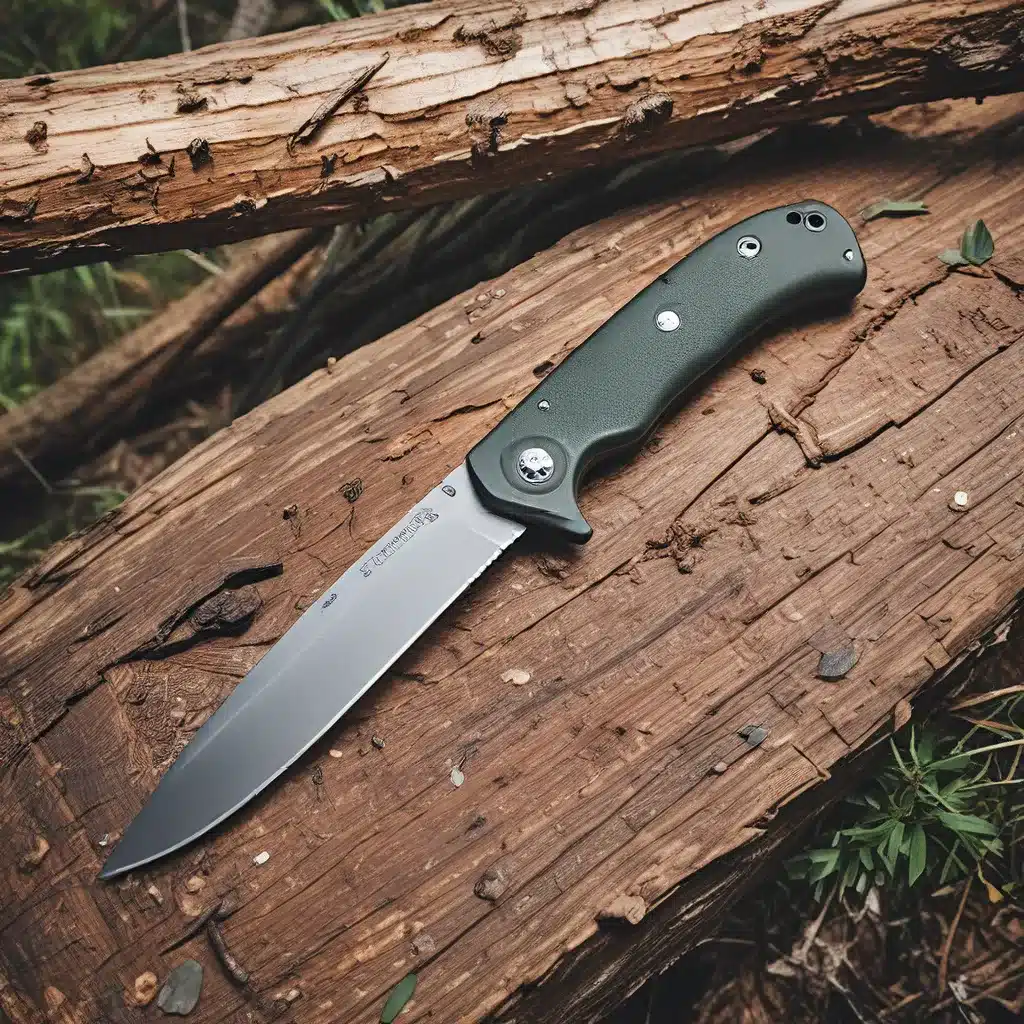
As an avid outdoor enthusiast, I’ve had my fair share of adventures in the wild. From exploring lush forests to traversing rugged terrains, I’ve learned that being prepared is key to a successful and safe expedition. One crucial aspect of this preparation is understanding the intricate web of knife laws and how they impact our outdoor activities.
Navigating Knife Laws Across Borders
When it comes to the great outdoors, the rules can vary greatly depending on where you are. For instance, in Japan, the laws around knives are particularly strict. Any blade longer than 5.5 cm (2.2 inches) is considered a prohibited weapon, and carrying one can land you in serious legal trouble. This means that even your trusty pocket knife might not be welcome on a hike through the stunning Japanese wilderness.
On the other hand, the United States has a more lenient approach, with each state and even individual cities crafting their own knife laws. While there are some federal guidelines, such as the prohibition of automatic knives, the specific restrictions can differ drastically from one location to the next. This can make it challenging for outdoor enthusiasts who love to travel and explore various landscapes.
Responsible Knife Carrying for Camping and Hiking
When it comes to camping and hiking, having a reliable knife can be a game-changer. From preparing meals and clearing trails to emergency situations, a well-chosen knife can be an invaluable tool. However, it’s crucial to ensure that your choice of knife aligns with the local laws and regulations.
Many experts recommend opting for a fixed-blade knife rather than a folding one when venturing into the wilderness. Fixed-blade knives are generally considered more robust and reliable, making them better suited for the rigors of outdoor activities. That being said, it’s important to research the specific laws in the areas you plan to visit, as some locations may have restrictions on the size or type of knife you can carry.
When it comes to carrying your fixed-blade knife while hiking, it’s best to keep it sheathed and secured to your belt or pack. This not only ensures that it’s readily accessible when you need it but also helps to maintain a professional and responsible appearance, which can be important when interacting with authorities or other outdoor enthusiasts.
The Importance of Responsible Knife Ownership
Responsible knife ownership is not just about following the letter of the law – it’s about being a thoughtful and considerate outdoor enthusiast. By educating ourselves on the local knife laws and carrying our blades in a responsible manner, we can help to foster a positive image of the outdoor community and avoid any potential legal issues.
Moreover, responsible knife ownership extends beyond just complying with the law. It’s about using our knives safely and responsibly, taking care to avoid any unnecessary risks or accidents. This means properly maintaining our blades, learning proper handling techniques, and always being mindful of our surroundings and the people around us.
Staying Informed and Prepared
As the old saying goes, “knowledge is power,” and this couldn’t be more true when it comes to navigating the complex world of knife laws. By staying informed about the latest regulations and best practices, we can ensure that our outdoor adventures are not only thrilling and enjoyable but also safe and compliant.
At Herman Knives, we believe in empowering our customers with the information they need to make informed decisions about their gear and equipment. We encourage all outdoor enthusiasts to thoroughly research the laws in the areas they plan to visit, and to always prioritize safety and responsible knife ownership.
Remember, the great outdoors is a treasure trove of adventure and wonder, and by staying informed and compliant with local knife laws, we can ensure that we can continue to explore and enjoy these natural wonders for years to come.
Embracing the Unknown and the Unexpected
Of course, even with all the preparation in the world, the unpredictable nature of the great outdoors means that we may occasionally find ourselves in uncharted territory. In these moments, it’s important to remain calm, think critically, and make decisions that prioritize safety and compliance.
Perhaps you’re hiking through a remote area and realize that the knife you’ve been carrying may not be legal in that particular region. What do you do? Do you risk it and carry on, or do you turn back and find an alternative route? These are the kinds of tough decisions that outdoor enthusiasts must be prepared to make.
Embracing the Complexity
The world of knife laws is a complex and ever-evolving landscape, and it can be easy to feel overwhelmed. But by embracing this complexity and continuously educating ourselves, we can navigate these waters with confidence and ensure that our outdoor adventures are both enjoyable and responsible.
So, whether you’re planning a camping trip or a hike through the wilderness, remember to do your research, stay informed, and always prioritize safety and compliance. With the right knowledge and the right mindset, you can unlock the boundless wonder of the great outdoors, all while respecting the laws that govern the use of our trusty knives.


